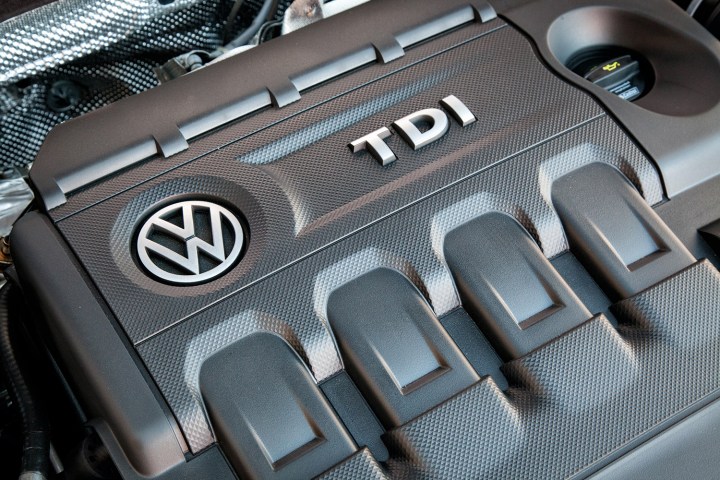
The reported arrest comes as the U.S Justice Department and Volkswagen are getting ready to finalize a deal in which some part of VW would plead guilty to emissions cheating and pay more than $2 billion to end the investigation. The New York Times wrote that the Volkswagen group “has been eager to put the Justice Department investigation behind it before President-elect Donald J. Trump is sworn in on Jan. 20.”
Schmidt was in charge of VW’s U.S. regulatory compliance office from 2014 to March 2015. He and other VW officials claimed VW wasn’t cheating and provided data supporting the claim that technical issues were the cause of the excess emissions. According to The New York Times, California Air Resources Board (CARB) officials said much of the data presented by Volkswagen was fabricated.
After VW’s admission of cheating last September, Schmidt represented the company when he told a British Parliament committee that what VW did was not illegal in Europe.
Reporting that Schmidt was arrested in Florida on Saturday and is expected to be arraigned in Detroit on Monday, the New York Times cited two unnamed people, a law enforcement official and someone with knowledge of the arrest. Neither VW nor the U.S. Justice Department commented on the alleged arrest, The New York Times reports.
The reported arrest of the VW executive this past weekend takes the investigation into the executive level following a September 2016 guilty plea to conspiracy to defraud the U.S. government by James Liang, a former VW engineer in California. Liang also pleaded guilty to violating the Clean Air Act. VW diesel cars on the road could have been emitting nitrogen oxide at levels up to 40 times those allowed under that act.



